Engaging Women in Conservation Finance
Building a Global Network for Sustainable Finance Leadership
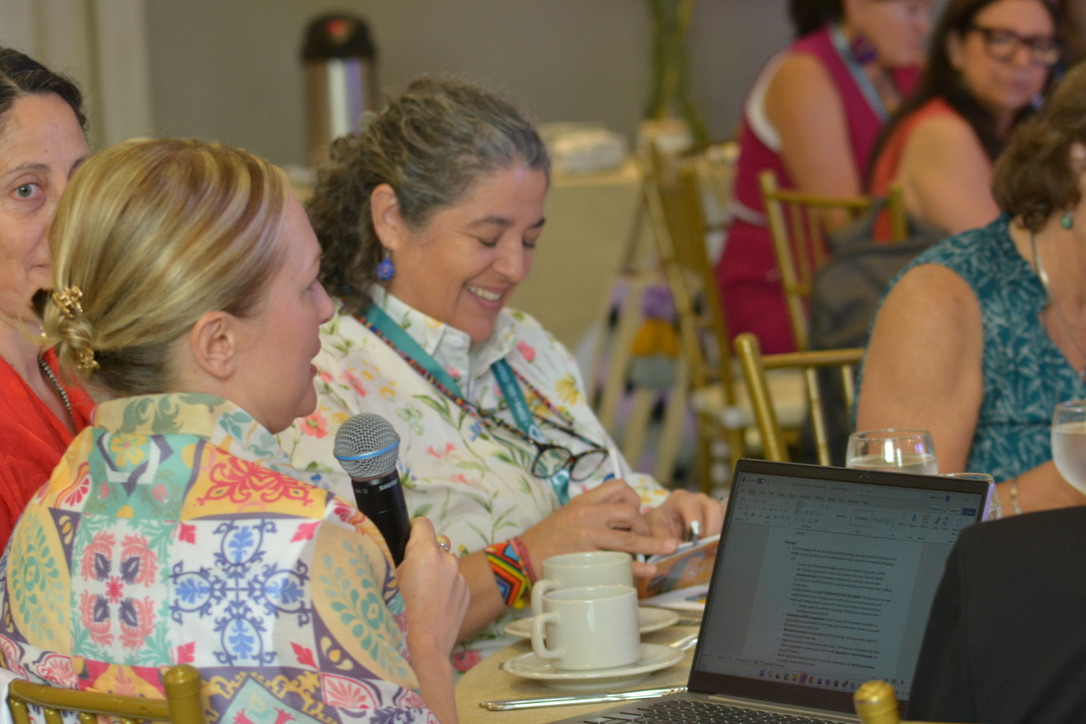
At COP16, gender-responsive and inclusive biodiversity action was a focus. In alignment with this, we convened an inspiring group of women leaders advancing conservation finance, where through roundtable discussions, we explored essential strategies to secure and implement funding for conservation and sustainable development, influence policy change, engage with local partners and communities, and create sustainably financed protected areas.
With over 40 participants from 22 organizations, we delved into innovative approaches to elevate women’s leadership in conservation finance, identifying initiatives to drive impactful change and uncovering opportunities to scale, accelerate, and implement collaborative solutions
Through our discussions, we also emphasized the importance of women leadership in achieving the targets of the Global Biodiversity Framework:
Target 3: Conserve 30% of Land, Waters and Seas
Target 19: Mobilize $200 Billion per Year for Biodiversity From all Sources, Including $30 Billion Through International Finance
Target 22: Ensure Participation in Decision-Making and Access to Justice and Information Related to Biodiversity for all
Target 23: Ensure Gender Equality and a Gender-Responsive Approach for Biodiversity Action
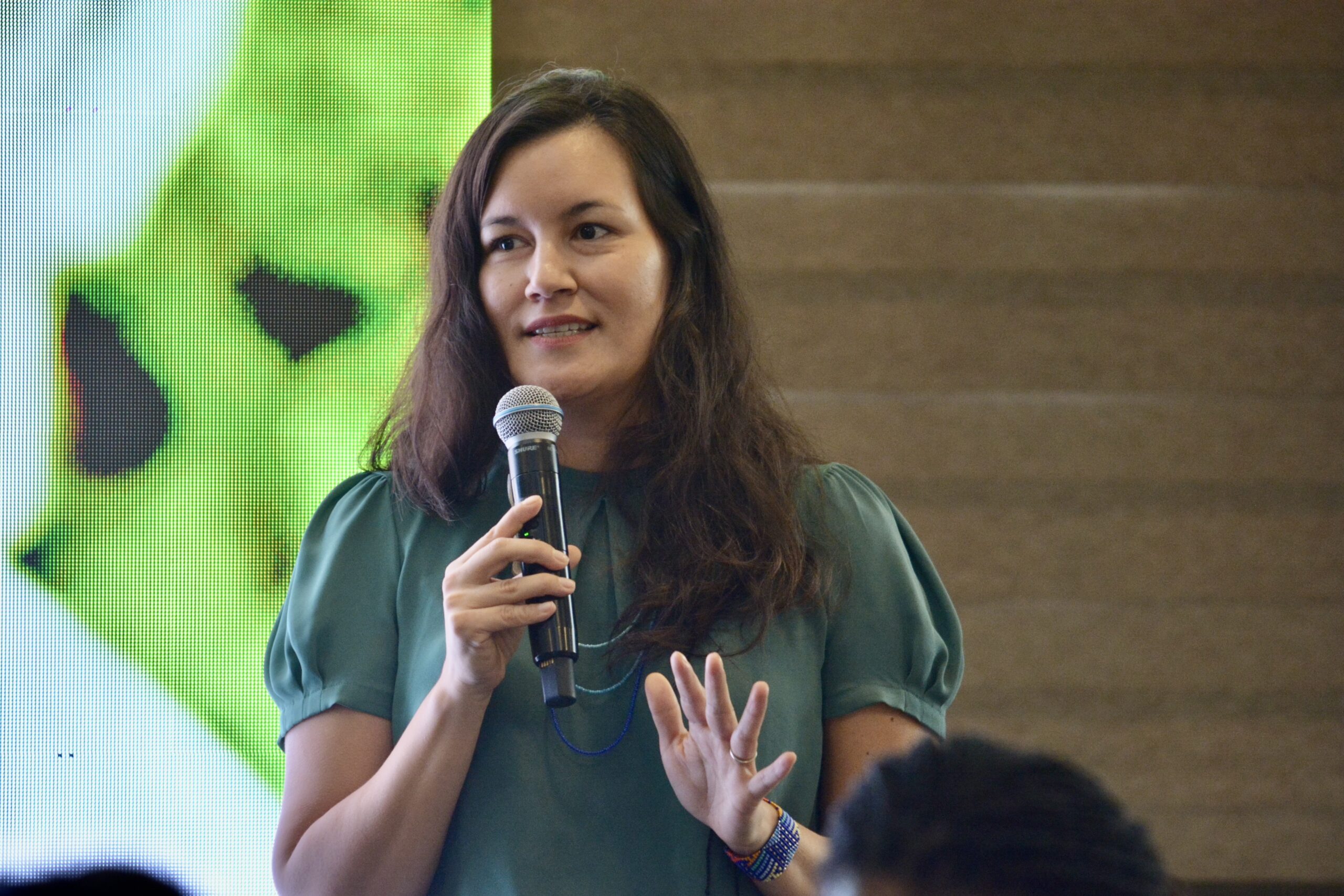
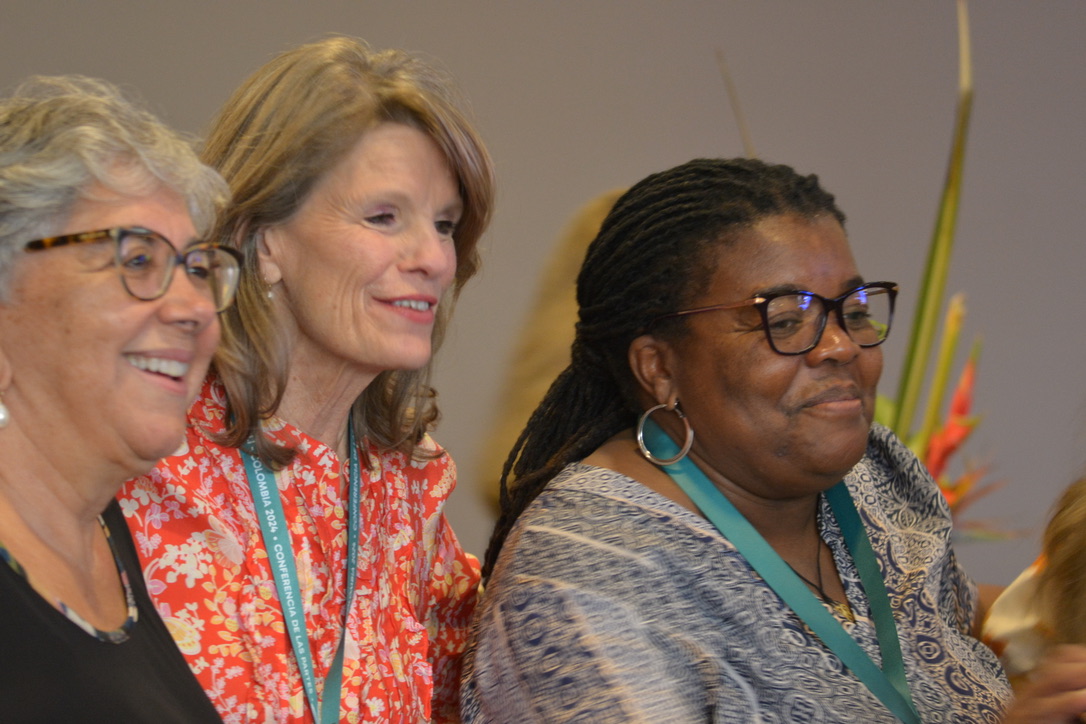
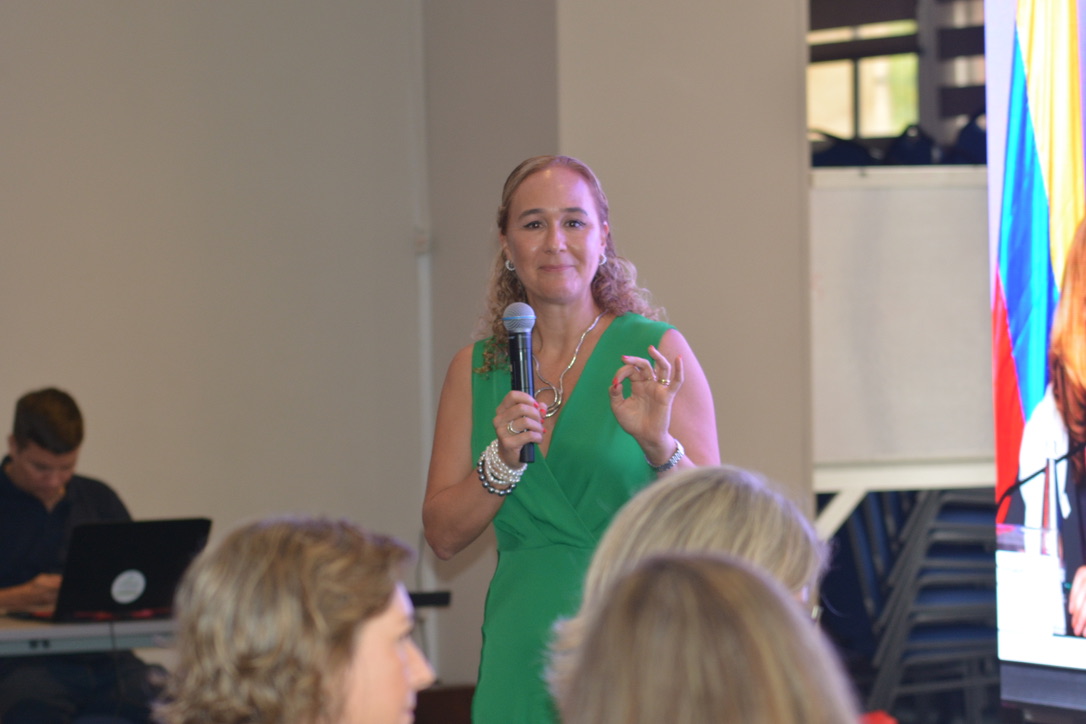
Across the globe, particularly in regions of high biodiversity value, women are key stewards of natural resources.
Over the last decade, research has shown that women-led initiatives are essential for conservation success, driving outcomes like reduced deforestation, lower greenhouse gas emissions, and improved environmental governance. This shift is visible in the growing representation of women in leadership roles in conservation and sustainable development. For instance, Susana Muhamad was recently elected President of the 16th Conference of the Parties (COP) to the Convention on Biological Diversity (CBD). Additionally, Nneka Nicholas of Antigua and Barbuda now leads the Nagoya Protocol, and Astrid Schomaker was appointed as CBD Executive Secretary earlier this year. Notably, 112 of the 258 national CBD focal points are now held by women, marking a significant step toward inclusive and equitable environmental leadership.
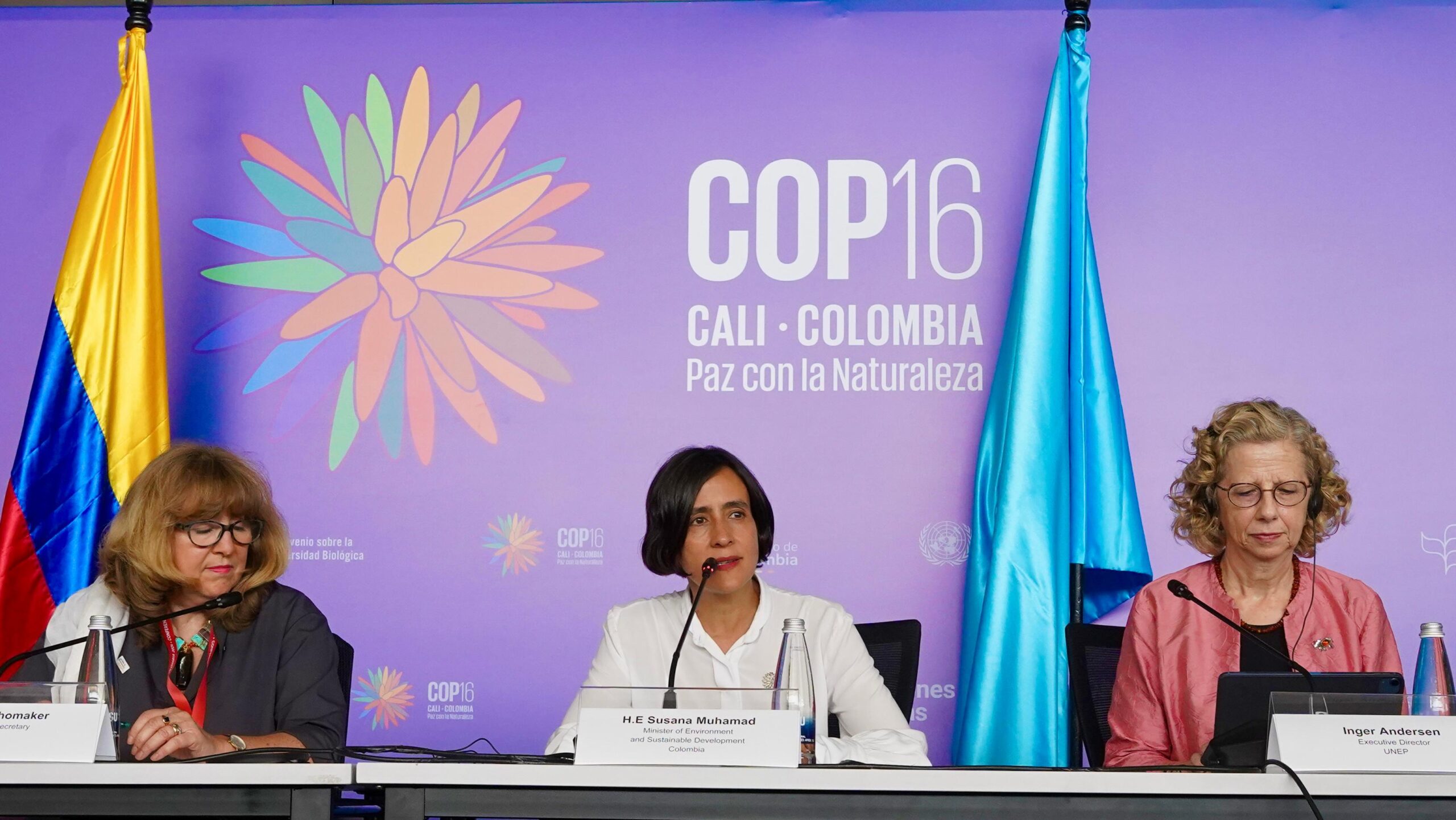
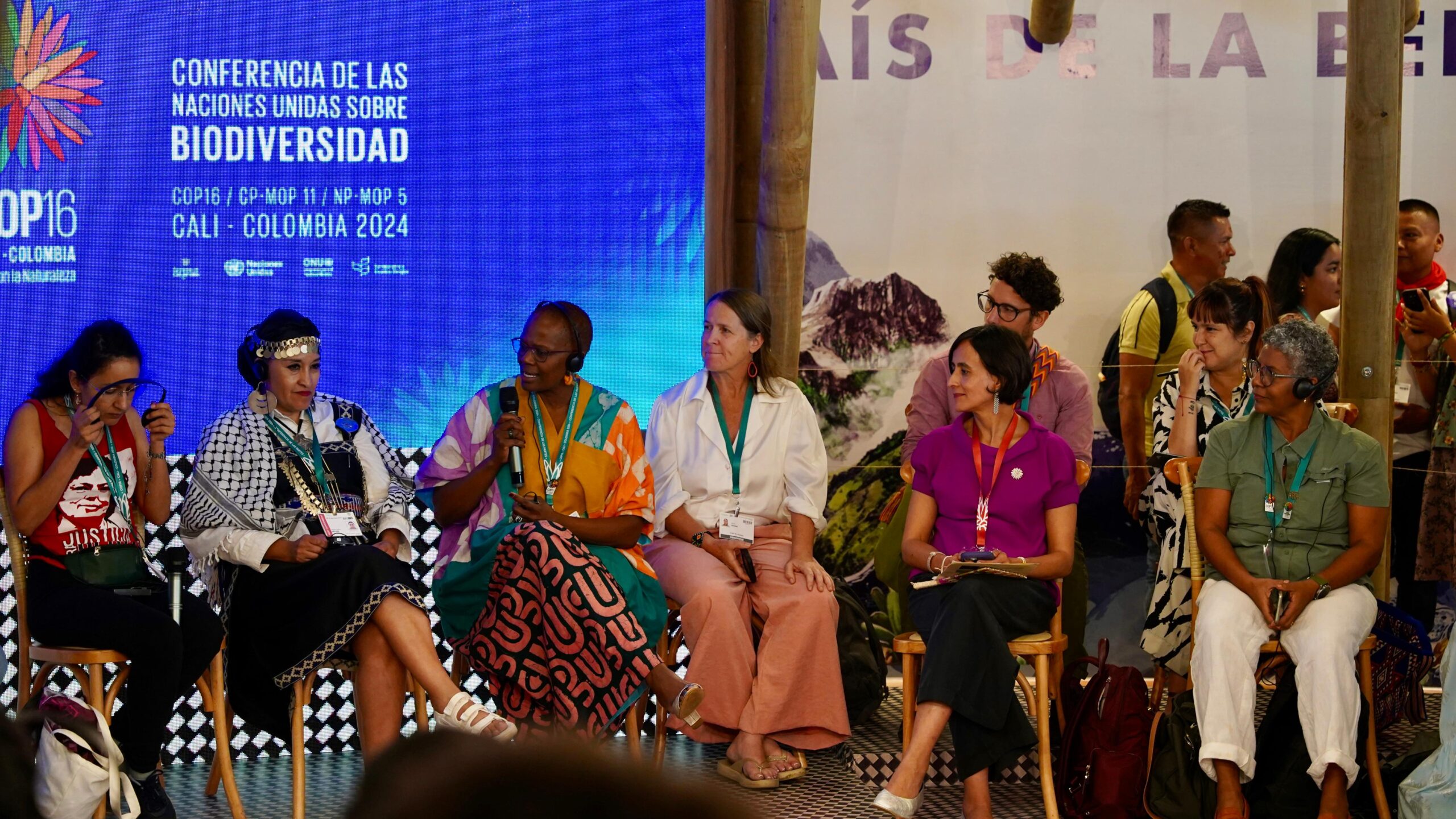
Target 23 of the Kunming-Montreal Global Biodiversity Framework requires countries to: Ensure gender equality in the implementation of the framework – including by recognizing their [women’s] equal rights and access to land and natural resources and their full, equitable, meaningful and informed participation and leadership at all levels of action.
Despite these advancements, challenges remain. Today, less than 1% of private philanthropic funding is allocated to women-led environmental initiatives. At COP16, the CBD Women’s Caucus advocated for the full inclusion of women in the conference, the implementation of the Gender Plan of Action, and the adoption of gender-sensitive indicators and support mechanisms.
We believe that when women come together for a shared purpose, they create powerful, lasting collaboration. Our roundtable aimed to highlight the vital role of women’s leadership, alliances, and partnerships in securing innovative funding for sustainable conservation—for both nature and communities.
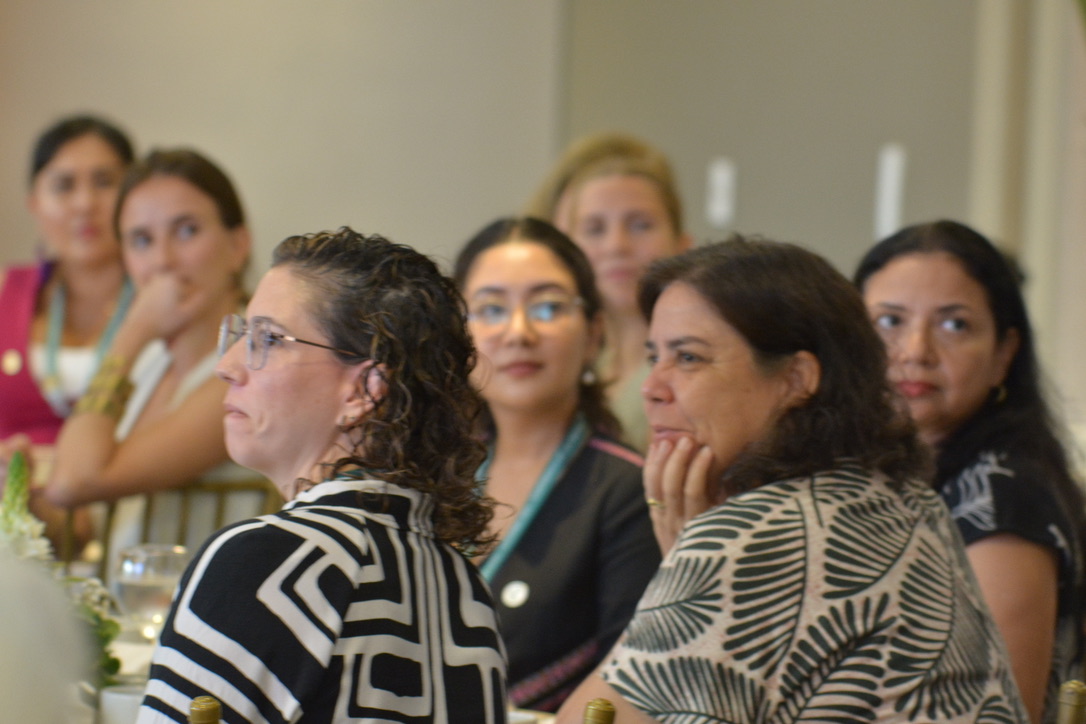
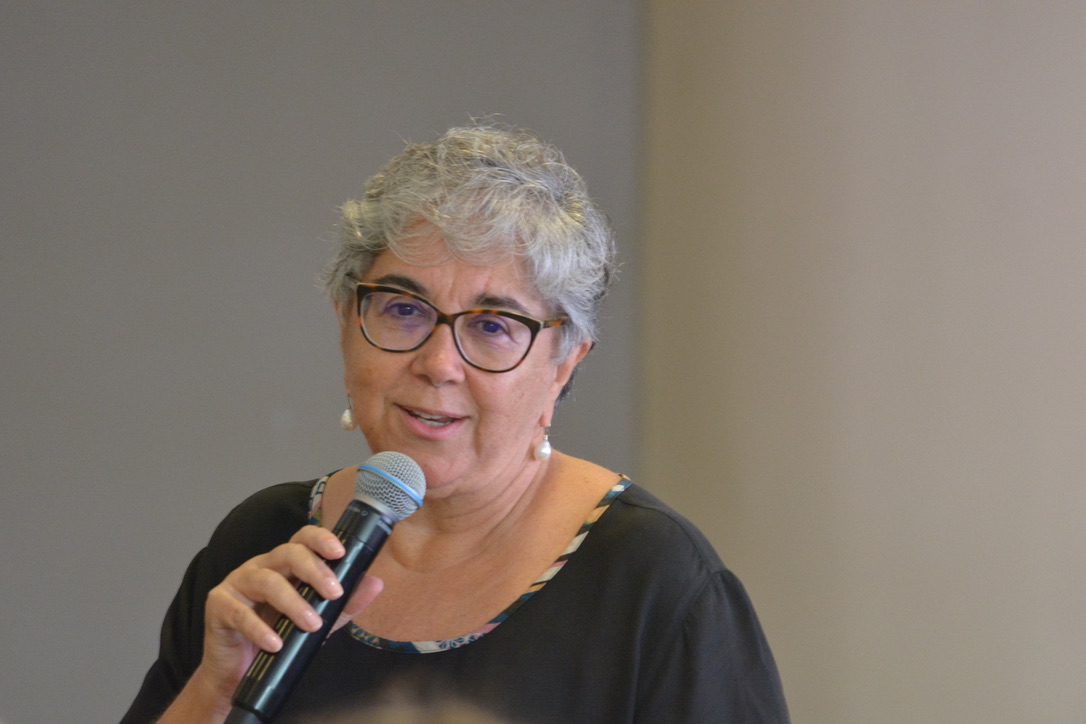
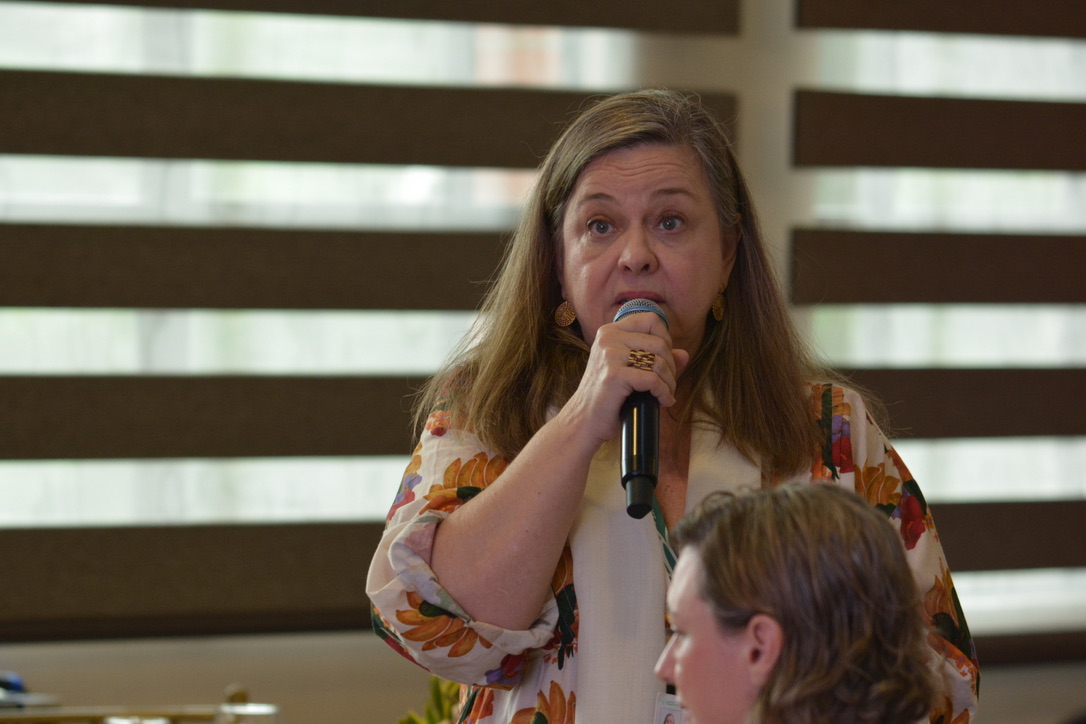
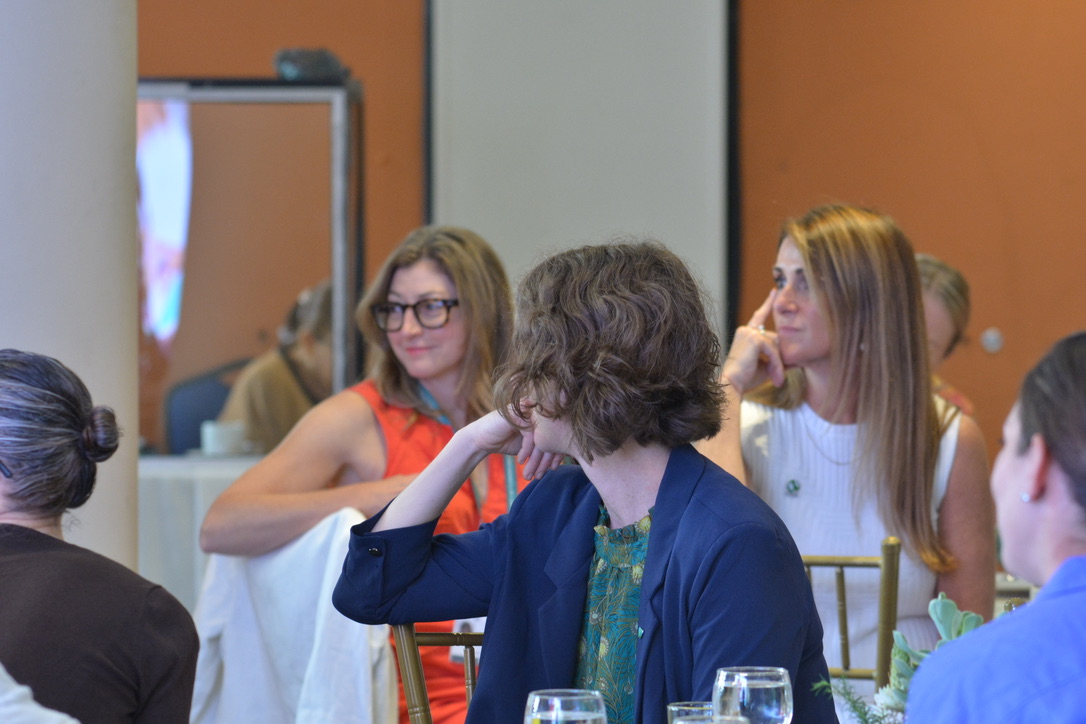
Our conversations evolved around key lessons, strategies and tools applied to further common conservation goals and enhance women’s leadership in conservation finance, initiatives and strategies that have successfully advanced conservation finance, and opportunities to scale, opportunities to accelerate and implement new ideas and collaborative proposals
By building connections and fostering meaningful dialogue, we are committed to strengthening a supportive network of women dedicated to advancing conservation finance and sustainable development.
